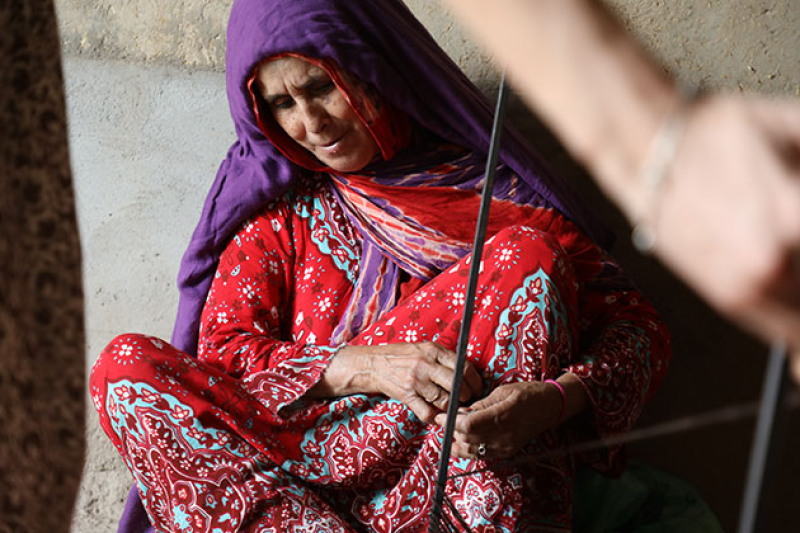- UN Report Calls for New Thinking to Secure a Sustainable Future |
- BNP moves to finalise seat sharing as alliance friction grows |
- BNP plans universal 'Family Card' for all women: Tarique Rahman |
- Tangail saree weaving gets recognition as intangible cultural heritage |
- Chuadanga farmers thrive as cauliflower yields hit new high |
Turning Social Development Promises into Action at Doha

Women cooperative in Merzouga, Morocco.
Thirty years ago, world leaders gathered in Copenhagen and made a promise: people would be at the centre of development. This November, Heads of State and Government will meet again in Doha, Qatar, for the Second World Summit for Social Development (WSSD2).
For civil society, WSSD2 is a call to action to reshape social contracts, rebuild trust, and mobilise for implementation and accountability so that “leave no one behind” becomes more than a slogan. Civil society can make this happen, not as bystanders, but as solution providers and accountability partners.
At the same time, governments expect the private sector to share responsibilities, not only by creating jobs but by driving social development more rapidly and on a larger scale. “Solutions” already exist in the form of community-rooted strategies.
Civil society and movements are working hard: expanding social protection for informal workers, forming youth alliances linking skills training with safe, decent jobs, investing in the care economy to ease women’s burdens, and improving support for children and older people. Civic groups are making local budgets transparent, while digital inclusion programs are designed for persons with disabilities and rural communities.
These initiatives have been adopted and funded, but they need political will, stable support, and true collaboration between governments, civil society, and communities.
Five practical steps for Doha and beyond:
Establish a national platform for social development in every country by mid-2026, including diverse stakeholders, independent monitoring, and public dashboards.
Protect and expand social protection, prioritising universal child benefits, disability-inclusive schemes, and lifecycle guarantees for older persons.
Link promises to funding via “social spending compacts” and aligned multilateral support.
Make closing the digital divide a social policy priority, not a tech afterthought.
Build accountability into the calendar, using UN commissions and civil society reports to track progress.
The Doha Political Declaration reiterates the three pillars of social development and highlights human rights, non-discrimination, and the rights of older persons. Yet, financing remains the missing bridge. The declaration references global discussions but lacks specifics on protecting social spending, tackling debt, or scaling multilateral support.
Social progress requires civil society, governments, and donors to work together. Citizens are generating data, advocating for tax justice, and pressing for transparency in public spending. The Doha Declaration closes one chapter and opens another. Civil society is ready. Leaders must meet them halfway to carry this agenda from conference halls to neighborhoods, villages, and city blocks.
“The true legacy of WSSD2 will not be the text agreed in Doha, but the accountability and hope we build afterwards,” says Zia ur Rehman, Executive Director of the Pakistan Development Alliance. “Civil society is ready. The question now is whether leaders are willing to meet us halfway.”

